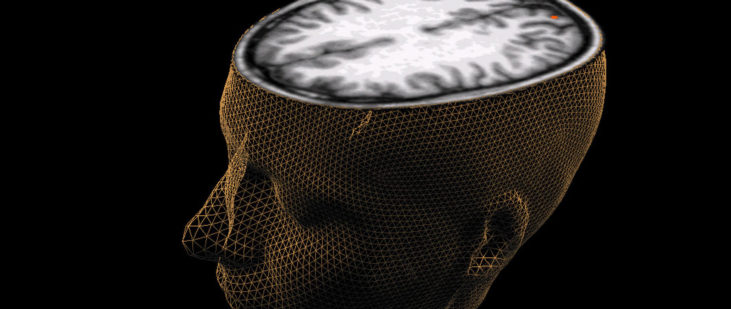The Huffington Post highlights recently-published research by CLBB’s Dr. Joshua Buckholtz on the brain connectivity of psychopaths. In dispelling various misconceptions about psychopathy, the article notes:
Traditionally, scientists have seen psychopaths as “these cold-blooded, emotionless predators” who “do all of these terrible, terrible things because they don’t feel emotions” like the rest of us do, said Joshua Buckholtz, co-author of the study and assistant professor of psychology at Harvard University.
The new study, published July 5 in the journal Neuron, suggests the problem may not simply be their emotional capacity.
About the study’s findings, Dr. Buckholtz notes:
“We know that the brain is networked,” Buckholtz said. “Individual regions don’t work in isolation, and there are lots of really exquisite and nuanced patterns of regulatory control all throughout the brain.”
Researchers mapped the connections between the ventral striatum and other regions of the brain, and found that inmates with higher levels of psychopathy had weaker connections between the ventral striatum and the prefrontal cortex.
The prefrontal cortex is associated with decision-making focused on the future.
Those two results together, Buckholtz said, suggest that psychopaths have “something of a broken regulatory circuit.”
To read more about the study’s design and conclusions, read the full article, “The Brains Of Psychopaths May Be Wired Differently Than Yours Or Mine”, published by The Huffington Post on July 5, 2017.



